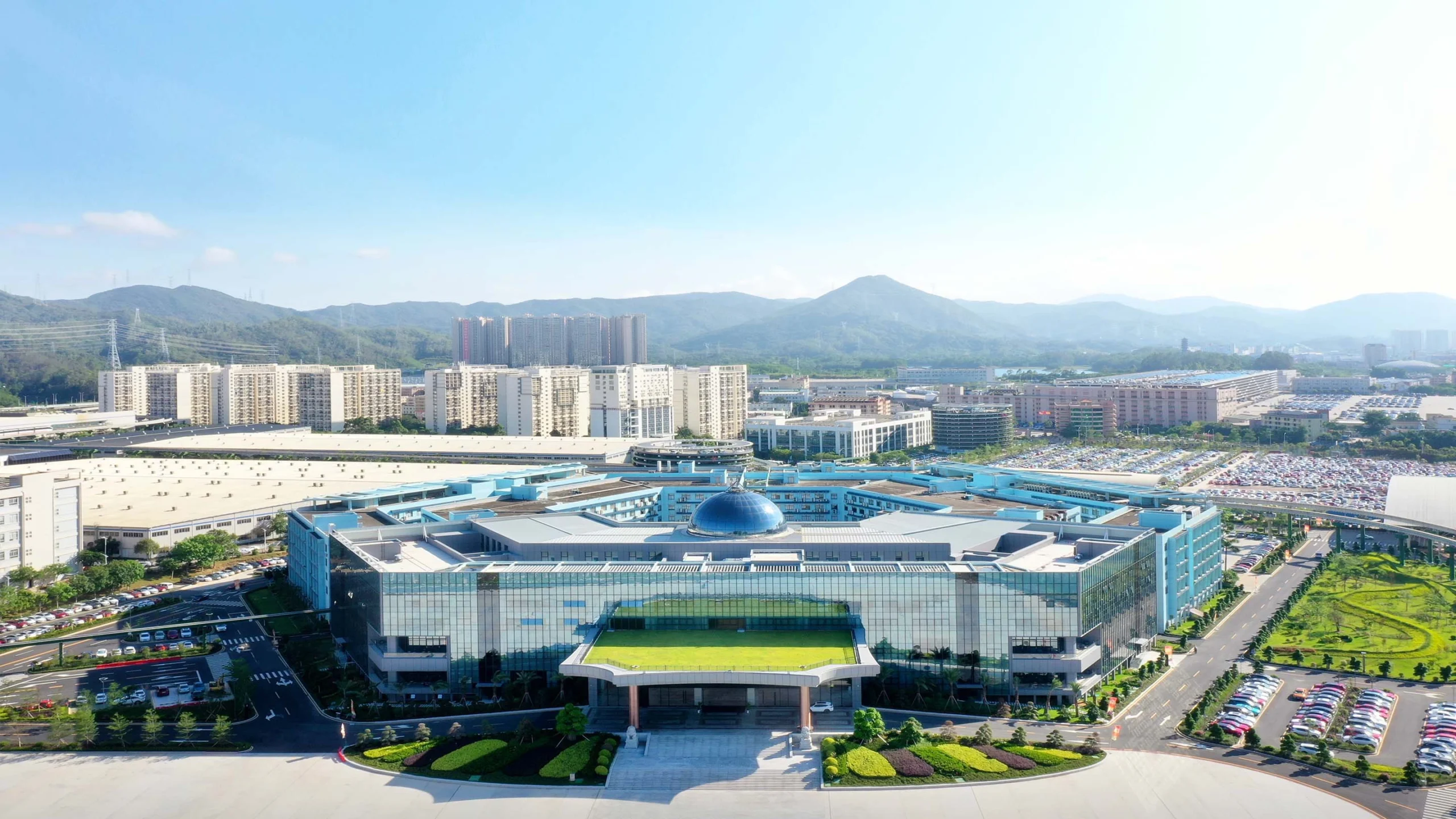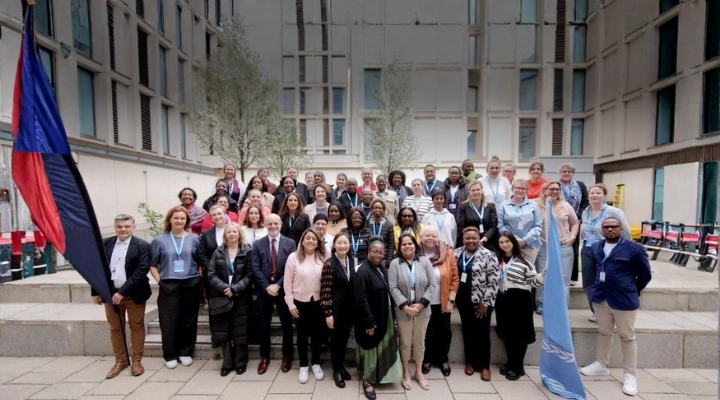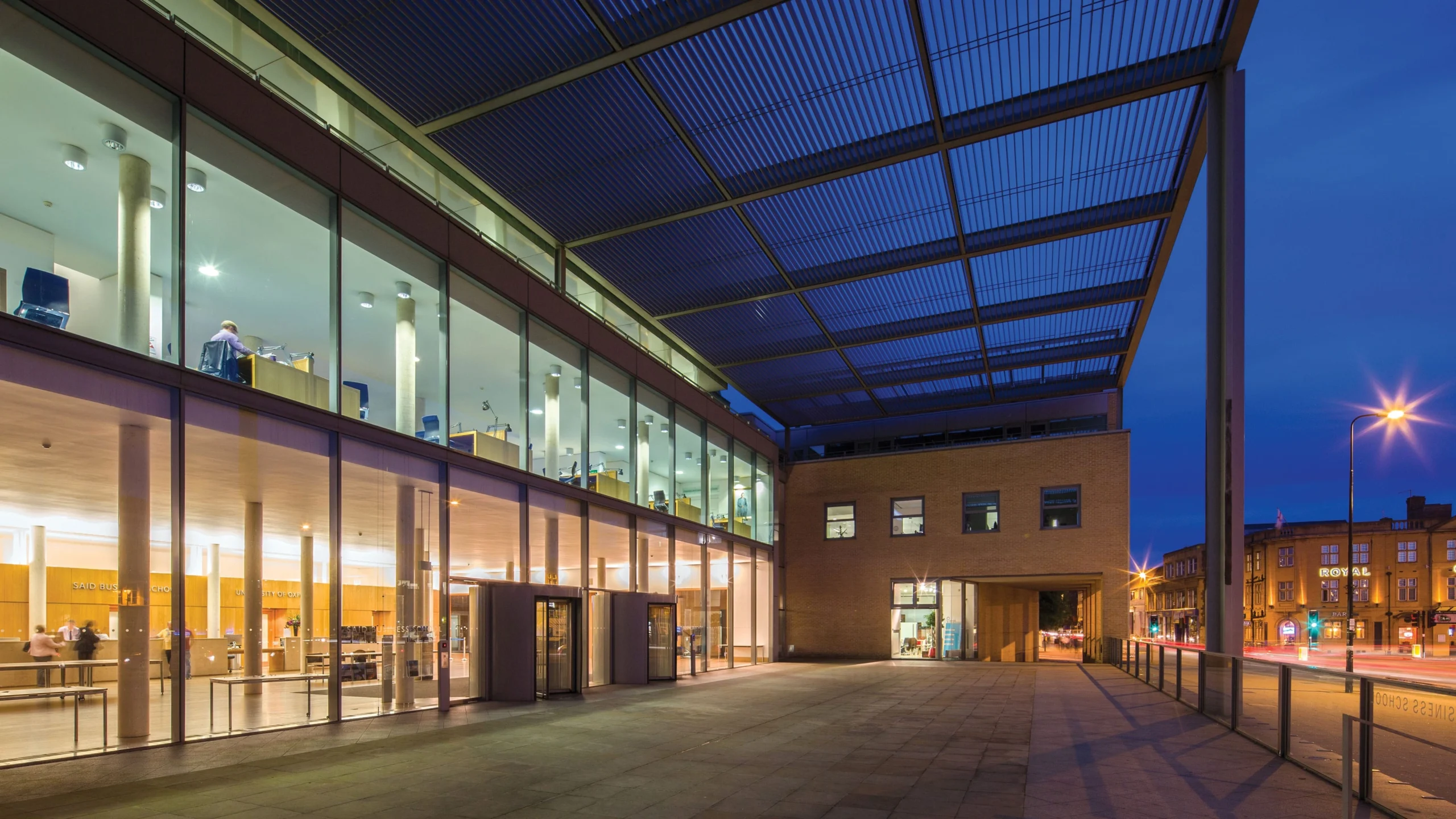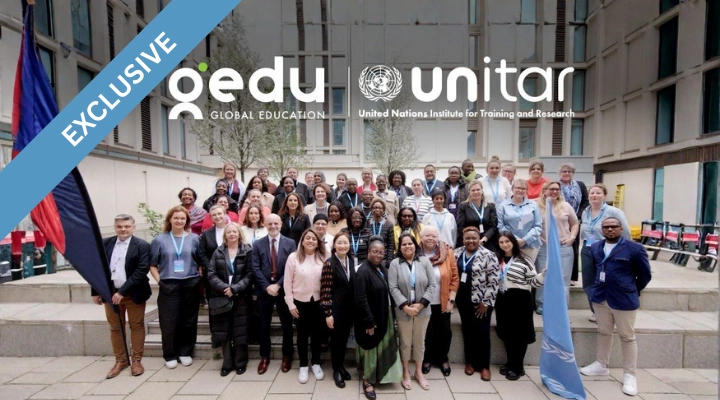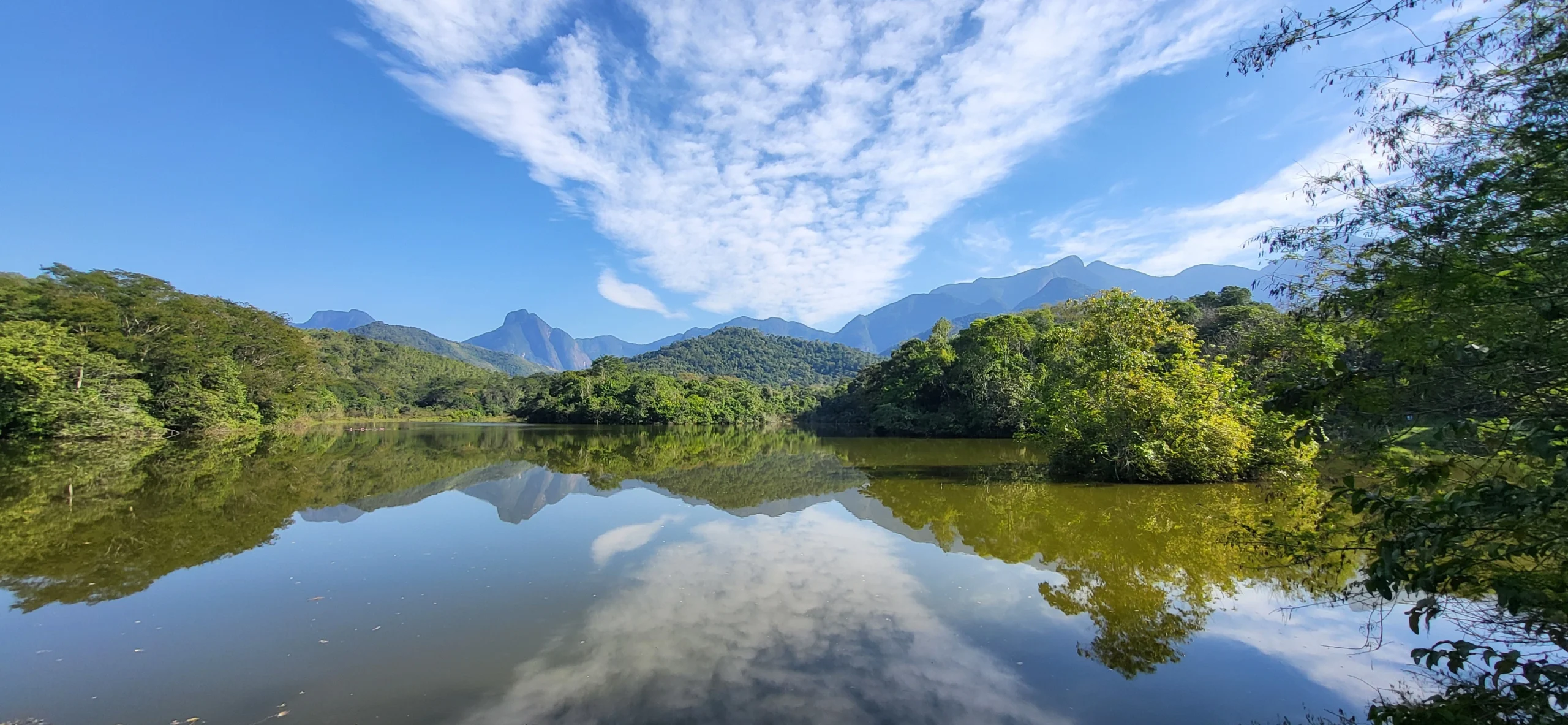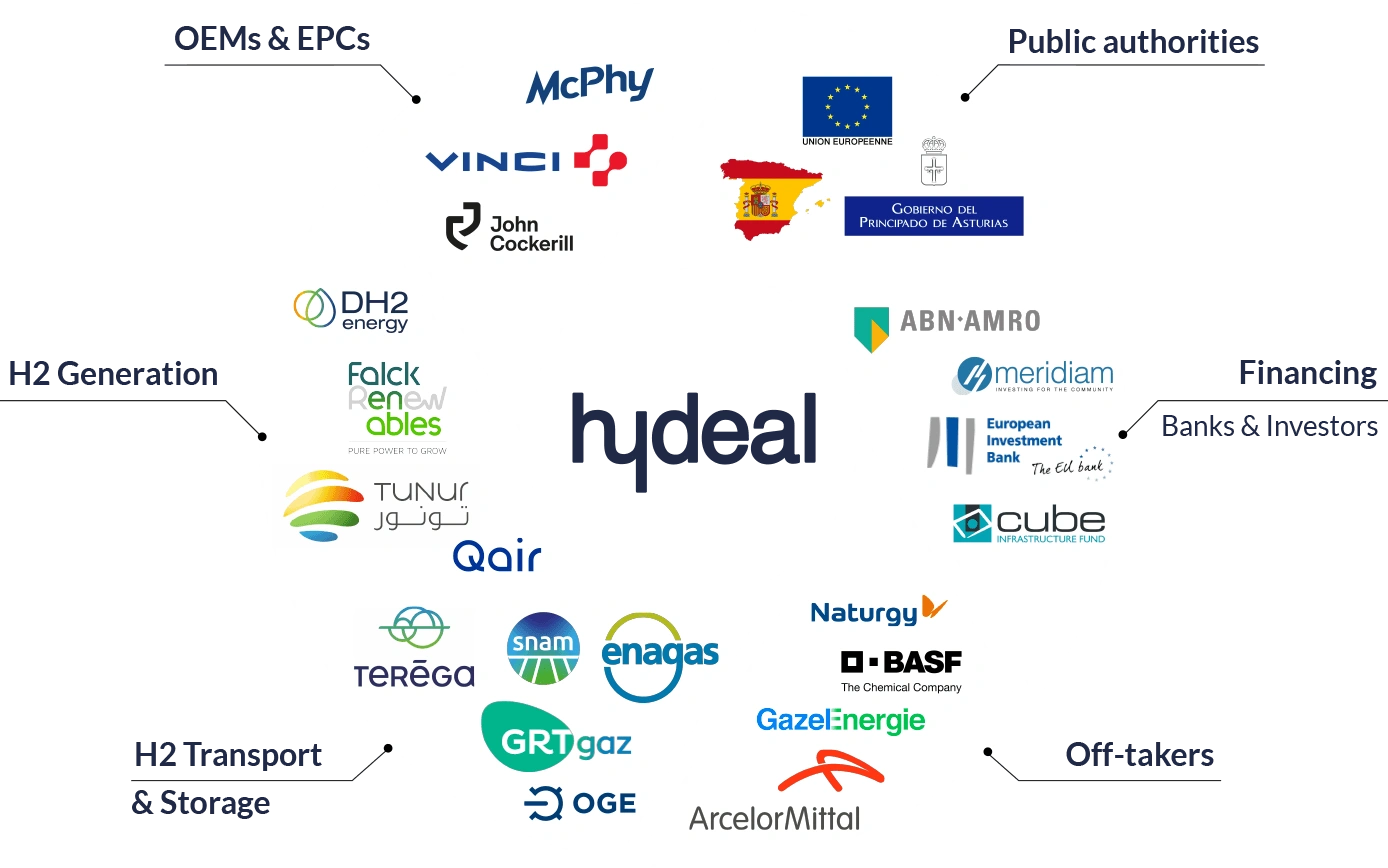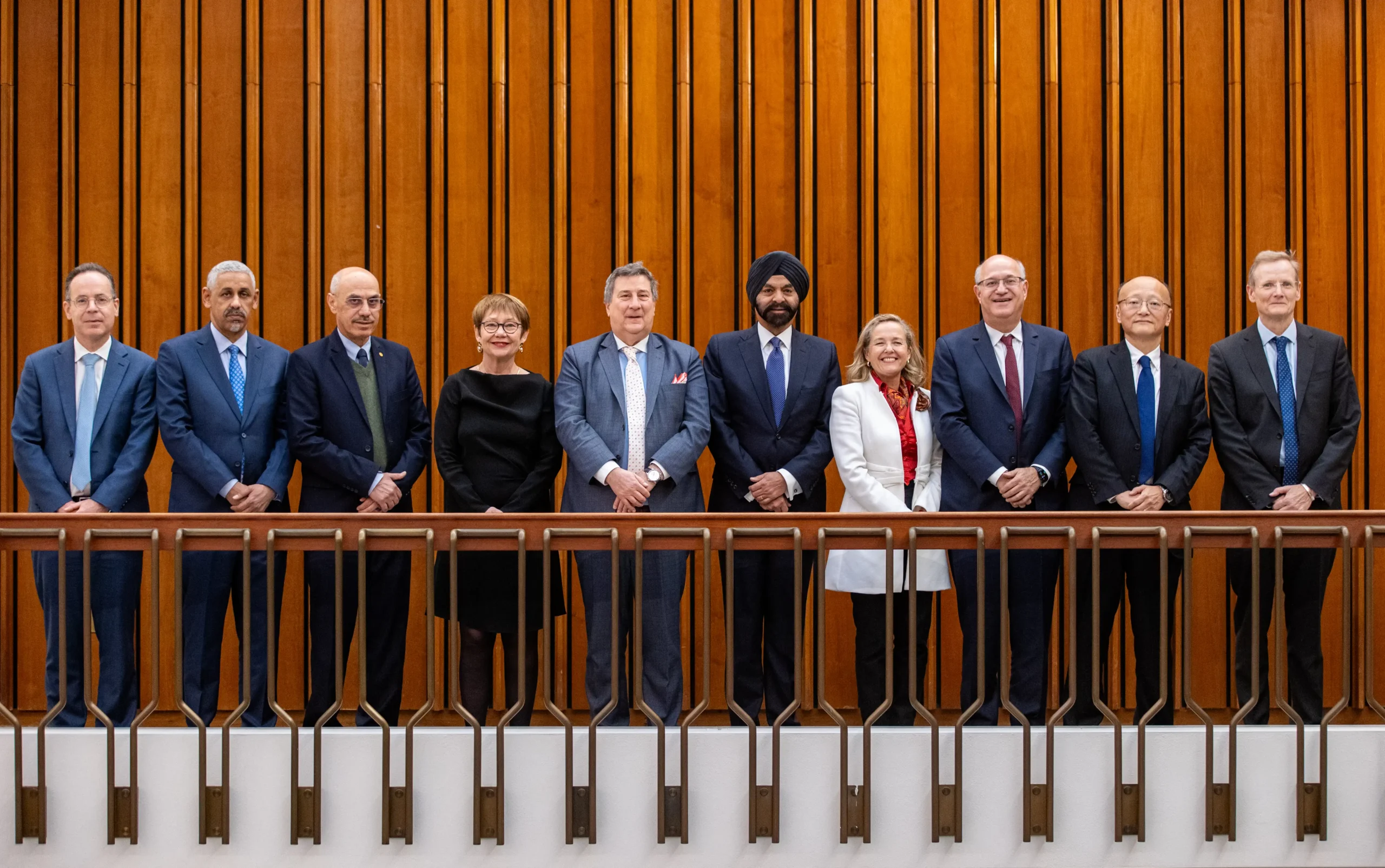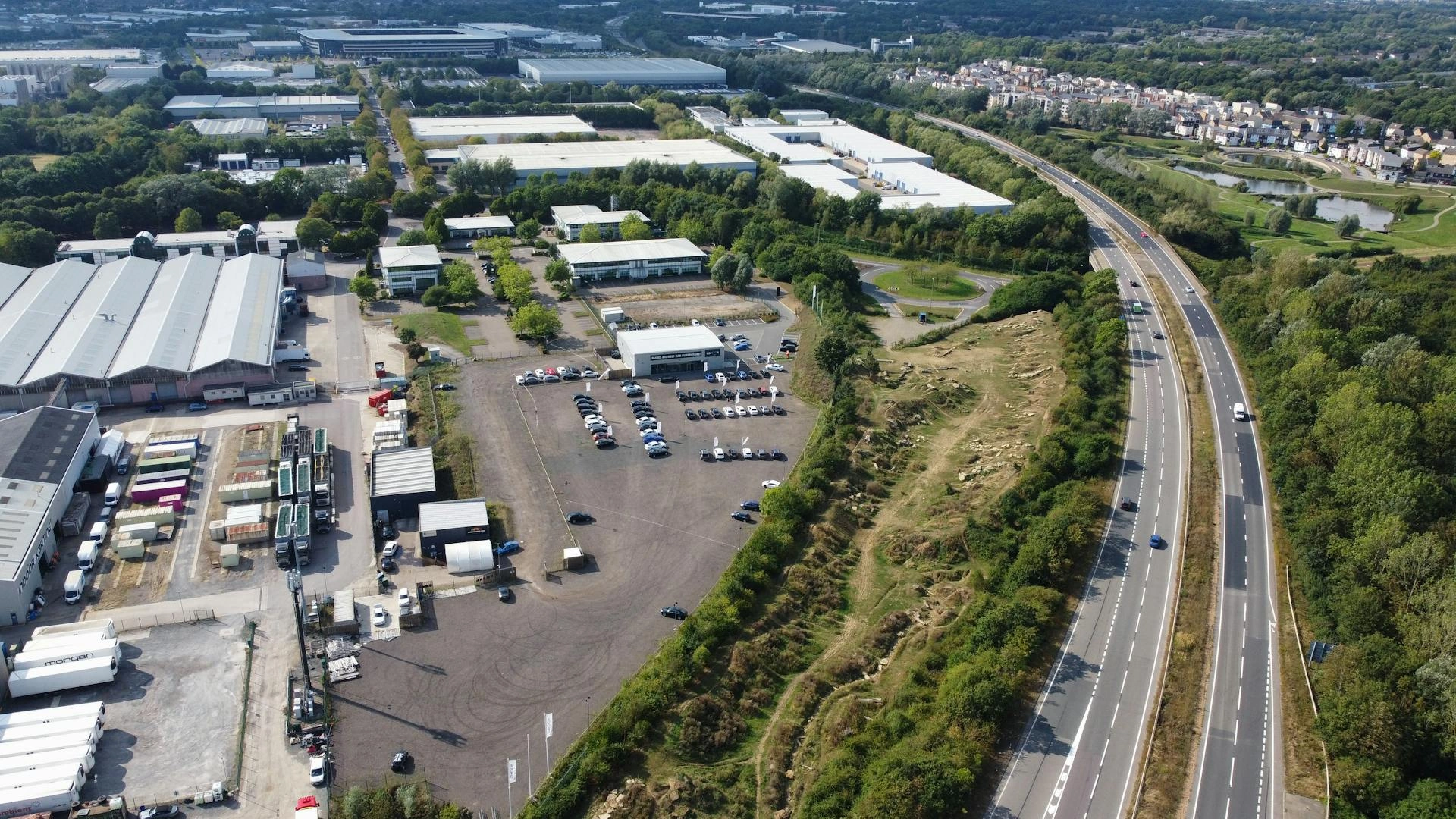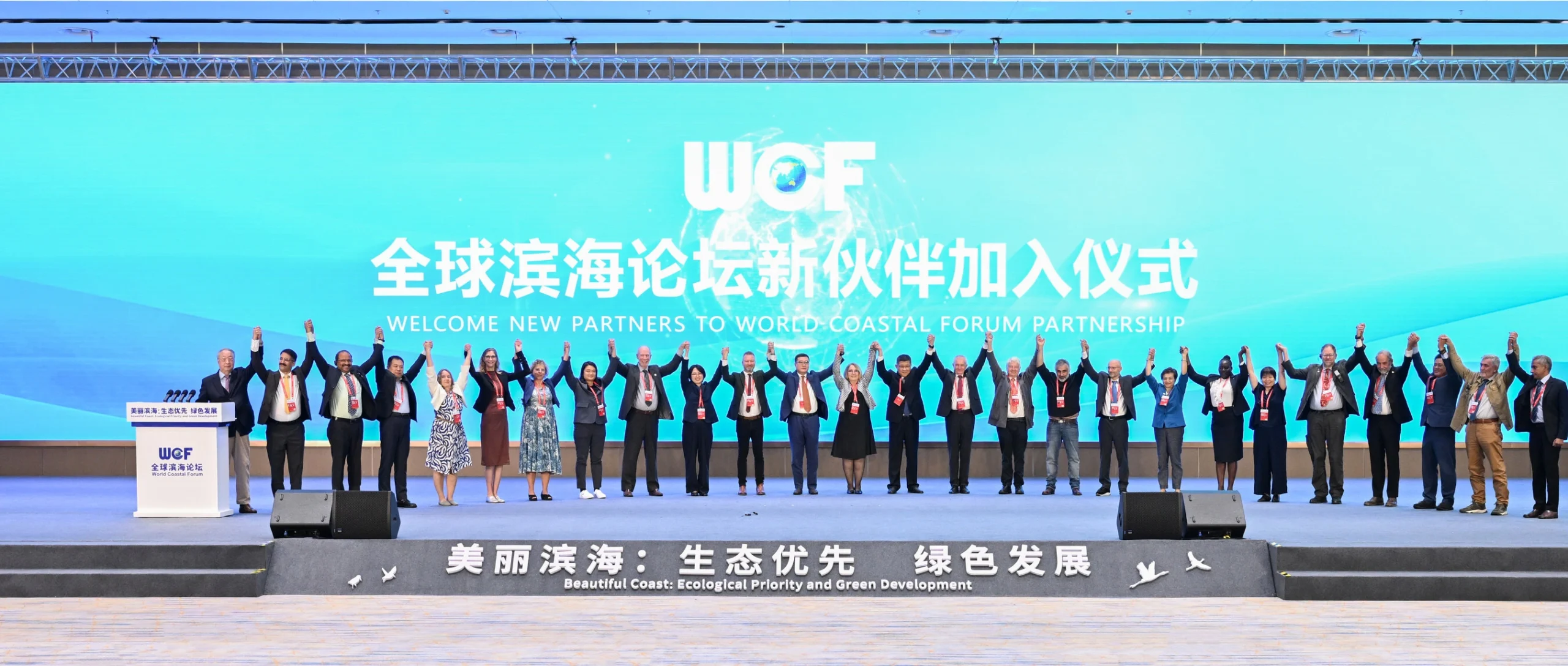It’s time to unite against climate change

John E. Kaye
- Published
- Home, Sustainability

It is not enough to look to policymakers to solve climate change, business of all size must take responsibility says Managing Director of Delta-Simons Alex Ferguson
As world leaders look ahead to COP26 in Glasgow this November, there is a feeling of optimism that change is on the horizon. However, it is easy to feel that all we need is the right policies and regulations, that heads of state and international organisations will set policy for global corporations to implement change into their businesses and supply chains.
We must not forget thaWe must not forget that the purpose of policy is to give guidance and direction to individuals to instigate meaningful change. But we in the business community must take responsibility. We know that change is coming (or we hope change is coming) so why wait? There is a fixation on what “they” are going to do about climate change and the biodiversity crisis, but it is what “we” do about it that really matters.
Learning to adapt
At Delta-Simons Environmental Consultants Ltd we work with businesses of all scales to support their ESG efforts. ESG is becoming a common language for investors and for clients – this is where we measure, learn, adapt, and improve the way in which we do business.

To focus on the SME market, it is crucial to recognise that, as our global clients initiate change, this immediately impacts their SME supply chain. Those businesses that are embracing change and acting now will be best placed to benefit from the many opportunities that will come with this market and policy shift.
Having an ESG policy, reporting on ESG at board level and taking positive action puts us in a strong position to win work, secure favourable finance and to attract and retain the best talent. Often, the toughest thing to decide is what to do first when there is so much information and so many drivers.
The most important place to start is to ask your people what matters to them. This can be a formal materiality review, or form part of your usual team discussions. Tailoring your ESG activities to what really matters to your people is the best way to ensure success. You can align your priorities to the UN Sustainable Development Goals to ensure that you have a language and framework, which is easy to communicate, but it is what you do that matters. By engaging your workforce and focusing on what they care about, you stand the best chance of making a real impact and of driving continuous improvements.
There are some key questions you can ask to understand what really matters to your people:
• If you could support one local charity, which would it be?
• Where do you think we waste resources or energy?
• How do you get to and from work?
These questions are straight-forward on purpose. For most of us “the environment” is something so big that we can’t do anything about it. However, if we support local charities, waste less and think about how we travel, we move towards setting ESG targets by agreeing priorities and making positive change. Small changes may be possible in the spaces you occupy as a business, and the neighbours and communities you can engage, or partner with. Over time, these impacts accumulate and can be measured, to show that business credentials are ethical, responsible and have a social conscience.
There is a tendency for policymakers and global businesses to overcomplicate. The vast majority of businesses – for example, 90% of SMEs in the UK – do not measure their carbon footprint and see the cost of doing so as prohibitive. However, we are asking the wrong question. Many of these businesses know exactly what they spend on their energy and water bills, and track travel to the nearest mile in their expenses and fuel card systems. This is the basis of a carbon footprint. If you have that information recorded, you are almost there. As environmental consultants, if we are handed clear records of energy usage and travel, we can quickly and affordably provide a carbon footprint, the majority of consultancy fees are incurred in obtaining and cleaning the data, not in the actual calculations.

Although Delta-Simons is an SME, our work is global. We are part of the Inogen Alliance, which is an Alliance of over 70 businesses with offices in over 100 countries. Having local expertise is key to what we do, enabling us to understand the cultural priorities in the areas our clients operate, and having the ability to operate on the ground without flying experts around the world.
As you start to make your changes and implement your policies, understanding where you source your materials and where your products are used is going to be key. Understand your starting point and what you aspire to. Start by asking the simple questions. Find out what your people are passionate about, and run with it.
For further information:
www.deltasimons.com
[email protected]
RECENT ARTICLES
-
 Strong ESG records help firms take R&D global, study finds
Strong ESG records help firms take R&D global, study finds -
 How residence and citizenship programmes strengthen national resilience
How residence and citizenship programmes strengthen national resilience -
 Global leaders enter 2026 facing a defining climate choice
Global leaders enter 2026 facing a defining climate choice -
 EU sustainability rules drive digital compliance push in Uzbekistan ahead of export change
EU sustainability rules drive digital compliance push in Uzbekistan ahead of export change -
 China’s BYD overtakes Tesla as world’s largest electric car seller
China’s BYD overtakes Tesla as world’s largest electric car seller -
 UK education group signs agreement to operate UN training centre network hub
UK education group signs agreement to operate UN training centre network hub -
 Mycelium breakthrough shows there’s mush-room to grow in greener manufacturing
Mycelium breakthrough shows there’s mush-room to grow in greener manufacturing -
 Oxford to host new annual youth climate summit on UN World Environment Day
Oxford to host new annual youth climate summit on UN World Environment Day -
 Exclusive: Global United Nations delegates meet in London as GEDU sets out new cross-network sustainability plan
Exclusive: Global United Nations delegates meet in London as GEDU sets out new cross-network sustainability plan -
 Fast fashion brands ‘greenwash’ shoppers with guilt-easing claims, study warns
Fast fashion brands ‘greenwash’ shoppers with guilt-easing claims, study warns -
 Private sector set to overtake government as main driver of corporate sustainability in 2026, report suggests
Private sector set to overtake government as main driver of corporate sustainability in 2026, report suggests -
 Sir Trevor McDonald honoured at UWI London Benefit Dinner celebrating Caribbean achievement
Sir Trevor McDonald honoured at UWI London Benefit Dinner celebrating Caribbean achievement -
 Historic motorsport confronts its energy future
Historic motorsport confronts its energy future -
 Protecting the world’s wild places: Dr Catherine Barnard on how local partnerships drive global conservation
Protecting the world’s wild places: Dr Catherine Barnard on how local partnerships drive global conservation -
 Europe’s HyDeal eyes Africa for low-cost hydrogen link to Europe
Europe’s HyDeal eyes Africa for low-cost hydrogen link to Europe -
 Fabric of change
Fabric of change -
 Courage in an uncertain world: how fashion builds resilience now
Courage in an uncertain world: how fashion builds resilience now -
 UAE breaks ground on world’s first 24-hour renewable power plant
UAE breaks ground on world’s first 24-hour renewable power plant -
 China’s Yancheng sets a global benchmark for conservation and climate action
China’s Yancheng sets a global benchmark for conservation and climate action -
 Inside Iceland’s green biotechnology revolution
Inside Iceland’s green biotechnology revolution -
 Global development banks agree new priorities on finance, water security and private capital ahead of COP30
Global development banks agree new priorities on finance, water security and private capital ahead of COP30 -
 UK organisations show rising net zero ambition despite financial pressures, new survey finds
UK organisations show rising net zero ambition despite financial pressures, new survey finds -
 Gulf ESG efforts fail to link profit with sustainability, study shows
Gulf ESG efforts fail to link profit with sustainability, study shows -
 Redress and UN network call for fashion industry to meet sustainability goals
Redress and UN network call for fashion industry to meet sustainability goals -
 World Coastal Forum leaders warn of accelerating global ecosystem collapse
World Coastal Forum leaders warn of accelerating global ecosystem collapse





